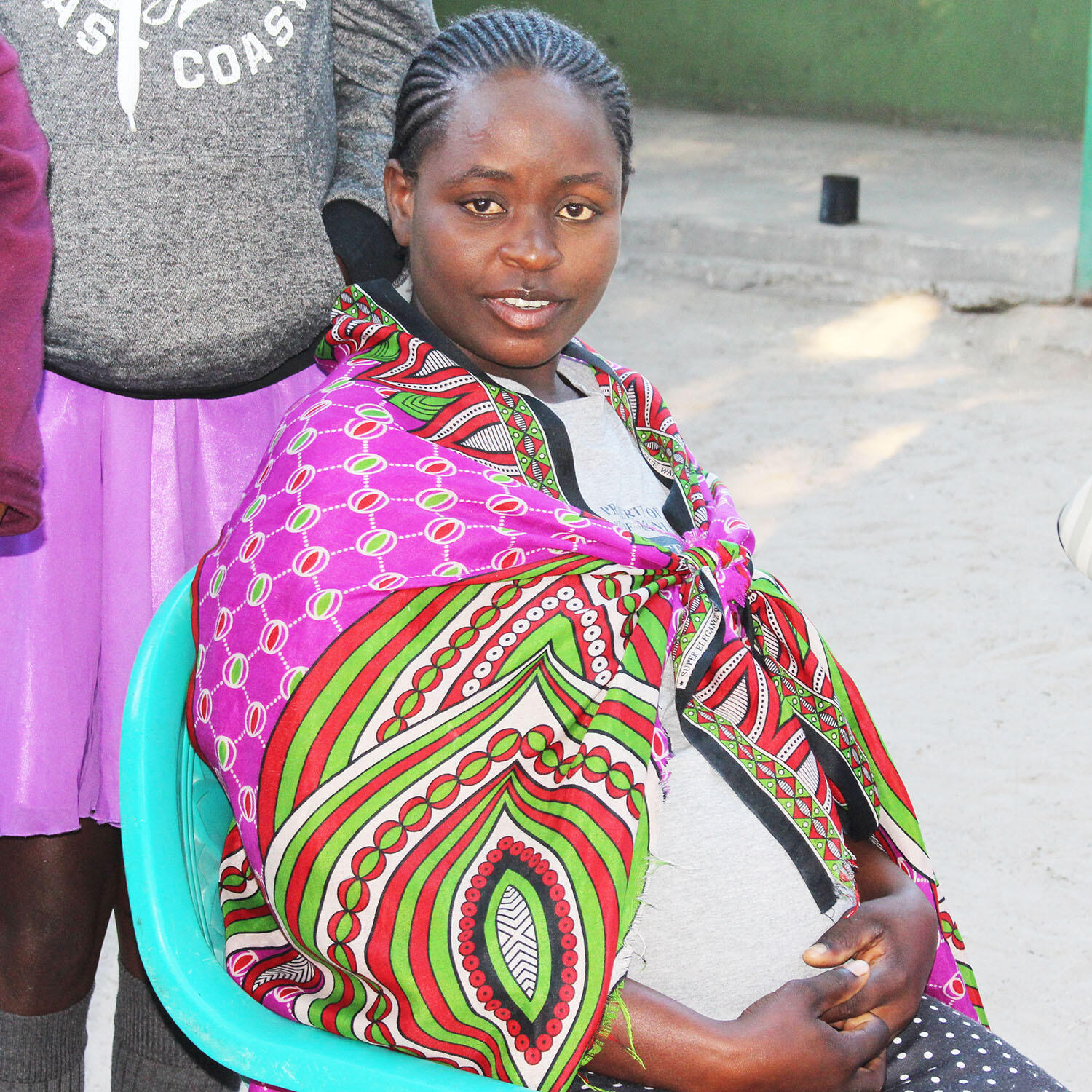WINDHOEK, Namibia, 7 November - The United Nations Population Fund (UNFPA) Namibia’s new Country Programme (CP) for 2019 to 2023 approved by the Executive Board in September 2018 is a result of a collaborative effort between the Government of the Republic of Namibia (GRN), the United Nations system in Namibia and civil society partners. The process of developing the new CP benefited from UNFPA Country Office’s participation in several national platforms related to the development of the National Development Plan Five (NDP 5) 2017/18 – 2021/22, United Nations Partnership Agreement Framework (UNPAF) 2019-2023, thematic development partner meetings on Gender Theme Group, Joint UN Team on HIV/AIDS, Health, Education and Skills, Protection Against Violence and Social Protection..
Over a five-year period, the new Country Programme will be implemented in conjunction with the UNPAF. UNFPA played an active role in the UNPAF formulation process. The UNFPA Country Representative was the chair of the Gender thematic group, while UNFPA programme staff participated in all the discussions of two UNPAF Outcome Groups, i.e., Economic Progression and Social Transformation.
As part of an effort to ensure that the new Country Programme was driven by a solid evidence-based and in line with UNFPA policy, the Country Office conducted a number of evidence gathering exercises to inform the formulation of the Country Program 2019-2023. They ranged from Country Programme Performance Summary, CP5 Midterm Review and Consultative Validation meeting with stakeholders. UNFPA also supported the youth status report as well as the demographic dividend, teenage pregnancy and gender based violence studies.
At a joint Validation Meeting in March 2018 led by the Ministry of Economic Planning, both UNFPA and UNICEF’s country programme documents were validated and finalized after consultations with national and regional counterparts and partners. Following the validation meeting, the Ministry of Economic Planning issued a single letter approving both CPDs for their onwards submission to the UNFPA/UNICEF Executive Board.
This joint approach was highly commended by government officials and other national partners. His Excellency the Permanent Representative of Namibia to the United Nations issued a strong statement during the Executive Board meeting in which he spoke about the excellent collaboration they share with UNFPA in his country and the UN system at large. He appreciated the progress made through UNFPA support and encouraged renewed support and implementation under the new programme. He also appealed for more development support from the donors to address the other resources envelop.
As we move from programming to implementation, the UN System in Namibia in coordination with the National Planning Commission is now developing an UN area based programming (ABP) concept note that entails a certain geographic focus of resources and capacities.
“This concept of ABP is one that focuses upon the challenges of specific geographical areas, where the degree of vulnerability and disadvantage distinguishes those areas from the rest of the country. In such contexts, area based programming will aim to reduce the disparities between areas and groups, through integrated, participatory and inclusive sustainable development in subnational/local or regional government initiatives towards poverty eradication and reducing inequality,” said Ms Dennia Gayle, UNFPA Namibia Country Representative.
“UNFPA as part of the UN system in Namibia is bent on bringing about creativity and innovation in our quest to ensure that we reach those furthest behind and that sustainable development becomes a reality for all, particularly our young people as we commence our new CP in January 2019,” she stressed.


